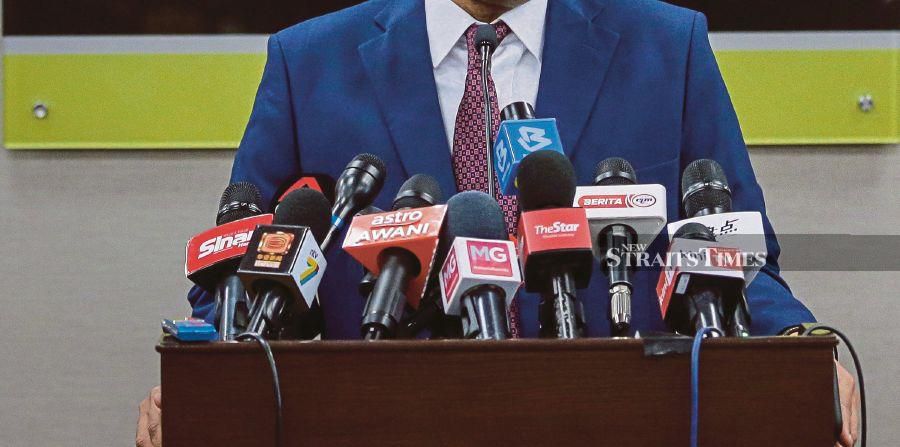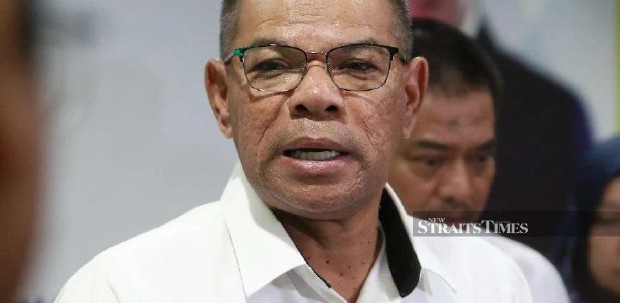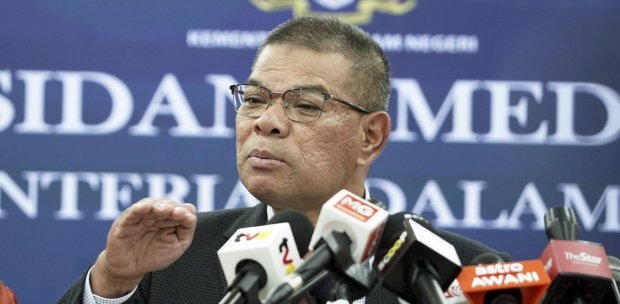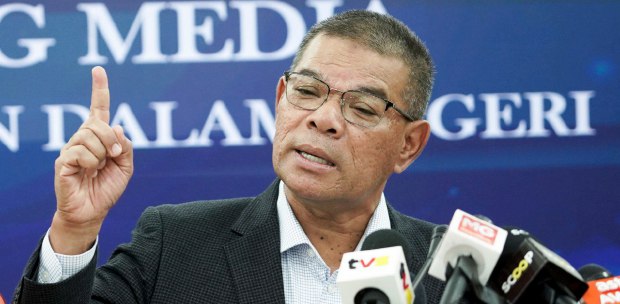SINCE Malaysia's third Universal Periodic Review (UPR) in 2018, political and administrative changes and the management of the Covid-19 pandemic have affected the enforcement of freedom of expression and the implementation of accepted UPR recommendations.
A fair assessment of Malaysia's obligation in carrying out UPR recommendations must look into both progress and problems.
In this regard, the Centre for Human Rights Research and Advocacy played an important role in preparing the stakeholder report by awarding research grants to assist in the evaluation of human rights enforcement.
My research team has observed positive and negative changes in the enforcement of freedom of expression.
Since the last general election and UPR in 2018, there have been several reforms to policies and laws, including greater political rights for university students to participate in political activities.
In addition, policies and efforts to repeal problematic laws such as the Anti-Fake News Act 2018 were made to encourage greater respect for freedom of expression.
Legal developments related to Undi18 and the Anti-Fake News Act are in line with the accepted UPR recommendations to provide greater access to information.
There has also been a decline in arrests and cases that reach the court on the grounds of exceeding the legal limits to freedom of expression compared with before the May 2018 election.
Nevertheless, some problems have continued under subsequent governments.
For example, the highly contentious Sedition Act and Communications and Multimedia Act have been used to investigate statements made by politicians.
This indicates that the present legal framework has weaknesses that may be taken advantage of and hinder freedom of expression. As such, Malaysia may be perceived as not fulfilling the UPR recommendation to review problematic laws.
That said, there is some progress in terms of the expansion of media platforms. Independent media has mushroomed since 2018.
Mainstream media houses have expanded to social media platforms to meet and engage different target audiences on Twitter, Facebook, TikTok and Instagram.
With the rise of independent media and more platforms for public engagement, there is more diversity of perspectives offered — which facilitates Malaysia's commitment to uphold UPR recommendations.
There has also been progress in other areas, such as more dialogue and collaboration between government bodies and civil society organisations. These efforts are indicative of positive developments towards a more vibrant and functioning democracy.
However, action has been taken against the media in certain cases, such as Malaysiakini and Al Jazeera. Comments left by readers of news sites are being monitored and there are instances of alleged intimidation against the media.
In addition, there is delayed legal reform related to human rights in general and freedom of expression in particular.
There were promises regarding human rights and freedom of expression that the Pakatan Harapan and Perikatan Nasional governments were not able to implement. This can be attributed to the lack of political will to carry out intended reforms.
In addition, PN's focus has understandably been invested in addressing and managing the Covid-19 pandemic and its impact.
Unfortunately, freedom of expression has not been a priority during this time and this adds to the problems in realising UPR recommendations.
The current framework for human rights also lacks clarity and is not suited to the sensitivities of the local context. As such, human rights reforms have been misunderstood and led to controversies.
This can be seen in the public backlash against certain human rights initiatives, such as the withdrawal from ratifying the Rome Statute.
Among the reasons was that it would threaten the position of the monarchy and the special position of the Malays.
In short, the assessment of freedom of expression and Malaysia's commitment to fulfilling accepted UPR recommendations is complicated and cannot be answered in black and white.
The progress we have made, however, must continue and political will is necessary to push for and enforce changes.
Policies, laws and reforms must be carefully considered, planned and drafted to reflect the human rights values shared by the different racial and religious groups that form the Malaysian people.
This may result in increased appreciation for and better enforcement of human rights and freedom of expression.
[email protected]
The writer is senior lecturer, Department of Government and Civilisational Studies, Faculty of Human Ecology, Universiti Putra Malaysia





